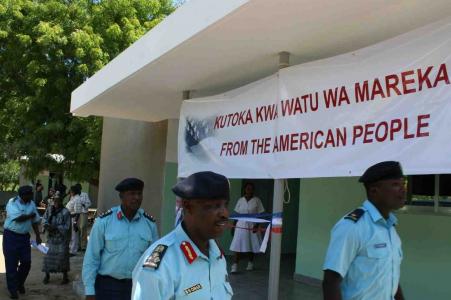UW Today: UW Public Health, Dentistry No. 3 in Global Ranking; Dozens of Other Subjects in Top 50
By Rebecca Gourley
The University of Washington’s School of Dentistry and School of Public Health are ranked No. 3 in the world on the Global Ranking of Academic Subjects list for 2017. The ranking, released in June, was conducted by researchers at the Center for World-Class Universities of Shanghai Jiao Tong University.



